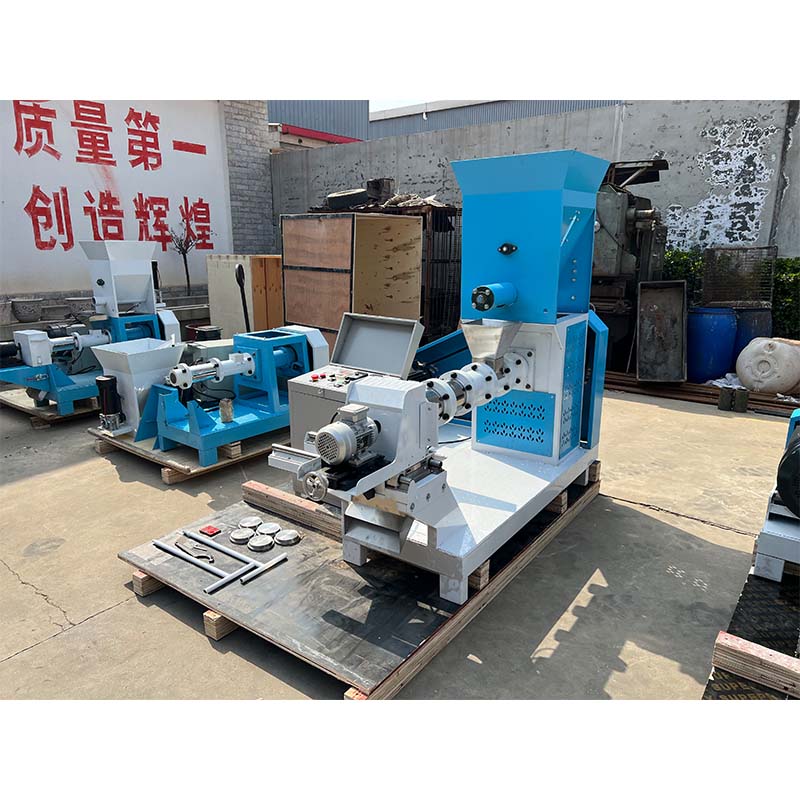boiler exhaust fan
Oct . 19, 2024 05:13 Back to list
boiler exhaust fan
The Importance of Boiler Exhaust Fans in Industrial Applications
Boiler systems are a crucial component of various industrial processes, providing the necessary steam or hot water for heating and power generation. However, the efficient operation of these boilers also requires effective management of exhaust gases produced during combustion. This is where boiler exhaust fans play a vital role. Understanding their function, benefits, and impact on efficiency can help industries optimize their operations and maintain compliance with environmental regulations.
Functionality of Boiler Exhaust Fans
Boiler exhaust fans, also known as flue gas fans or draft fans, are designed to handle the removal of combusted gases from the boiler system. During combustion, various gases, including carbon dioxide, carbon monoxide, nitrogen oxides, and water vapor, are generated. These exhaust gases need to be expelled safely and efficiently to maintain optimal boiler performance and prevent the buildup of harmful substances.
The primary function of boiler exhaust fans is to create necessary draft conditions within the boiler. By maintaining negative pressure, these fans help in drawing air into the combustion chamber, ensuring a continuous supply of oxygen for efficient burning of fuel. Additionally, they facilitate the effective removal of exhaust gases through the chimney or flue, minimizing the risk of gas leakage and contributing to safe operation.
Benefits of Using Boiler Exhaust Fans
1. Improved Efficiency By ensuring the complete combustion of fuel, boiler exhaust fans contribute to the overall efficiency of the boiler system. Efficient removal of flue gases allows for better heat exchange, which can lead to reduced fuel consumption and operational costs.
2. Enhanced Safety The presence of exhaust fans is critical for maintaining a safe working environment. Properly functioning fans help in preventing the accumulation of harmful gases within the boiler room, reducing the risk of accidents or health hazards such as carbon monoxide poisoning.
boiler exhaust fan

3. Environmental Compliance Industrial operations are subject to various environmental regulations regarding emissions. Boiler exhaust fans assist in controlling the release of exhaust gases, helping organizations stay compliant with local and national regulations. This not only protects the environment but also enhances the company’s reputation among stakeholders.
4. Adaptability and Versatility Modern boiler exhaust fans are designed to accommodate a wide range of operating conditions. They can be adjusted for varying fan speeds and airflows, allowing industries to optimize performance according to specific needs.
Maintenance and Considerations
To ensure the effective operation of boiler exhaust fans, regular maintenance is essential. This includes inspection of fan blades, motors, and ducts for wear and tear, as well as checking for any obstructions that may hinder airflow. Routine maintenance helps in identifying potential issues before they escalate, minimizing downtime and repair costs.
Additionally, industries must consider the selection of appropriate fan systems based on their specific boiler type, fuel used, and operating conditions. Consulting with professionals and relying on quality manufacturers can lead to better performance and longevity of the exhaust fan systems.
Conclusion
In conclusion, boiler exhaust fans are an integral component of industrial boiler systems. Their role in facilitating safe and efficient combustion, adhering to environmental standards, and improving overall operational efficiency cannot be overstated. As industries continue to evolve, the necessity for robust exhaust management systems, including well-maintained boiler exhaust fans, will remain a priority in ensuring both safety and sustainability in operations. By investing in quality fan systems and implementing rigorous maintenance practices, industries can optimize their boiler functions while also contributing positively to the environment.
-
Automatic Feeding Line System-Pan Feeder Nipple Drinker|Anping County Yize Metal Products Co., Ltd.
NewsJul.29,2025
-
Hot Sale 24 & 18 Door Rabbit Cages - Premium Breeding Solutions
NewsJul.25,2025
-
Automatic Feeding Line System Pan Feeder Nipple Drinker - Anping County Yize Metal Products Co., Ltd.
NewsJul.21,2025
-
Automatic Feeding Line System Pan Feeder Nipple Drinker - Anping County Yize Metal Products Co., Ltd.
NewsJul.21,2025
-
Automatic Feeding Line System - Anping Yize | Precision & Nipple
NewsJul.21,2025
-
Automatic Feeding Line System - Anping Yize | Precision & Nipple
NewsJul.21,2025






